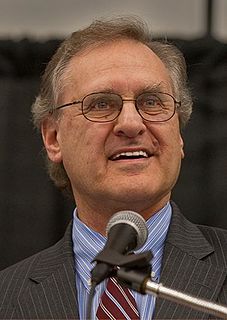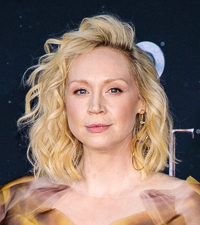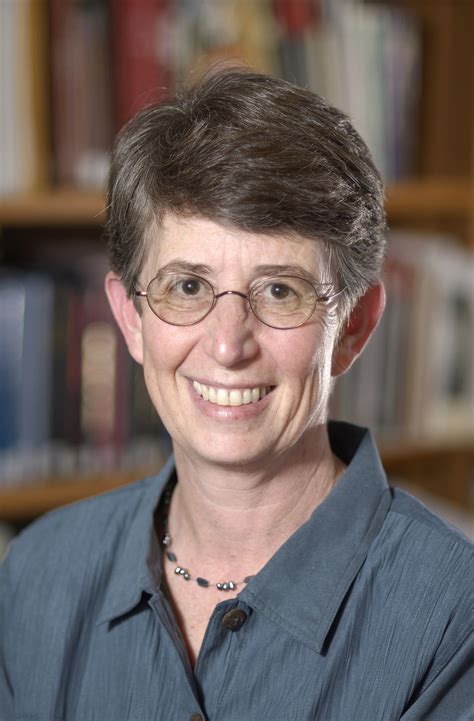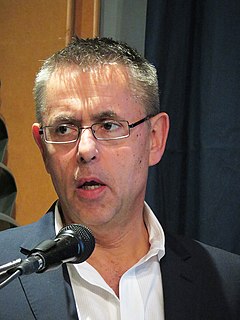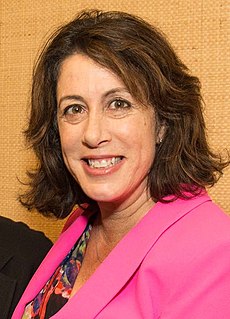A Quote by Stephen Lewis
Unless there is recognition that women are most vulnerable... and you do something about social and cultural equality for women, you're never going to defeat this pandemic.
Related Quotes
Countries with more gender equality have better economic growth. Companies with more women leaders perform better. Peace agreements that include women are more durable. Parliaments with more women enact more legislation on key social issues such as health, education, anti-discrimination and child support. The evidence is clear: equality for women means progress for all.
There is no going back to a time when most women will feel compelled to enter or stay in a bad marriage just for economic security or social respectability. So today, the best way to get women once more interested in getting married and having children is for men to accept women's new insistence on equality. This is, I think, why educated women in America, are now more pro - marriage and more disapproving of divorce than other groups of women who have less experience with egalitarian partners or less clout in getting their needs met in relationships.
Feminism is a belief that although women and men are inherently of equal worth, most societies privilege men as a group. As a result, social movements are necessary to achieve political equality between women and men, with the understanding that gender always intersects with other social hierarchies.
I always go with the dictionary definition of feminism, which is just social, political and economic equality for women. And that's kind of a strategic thing on my part, because I think that it's the hardest definition to argue with. You know, who doesn't want that? Everyone wants equality for women.
There's never been a pandemic which hasn't exploited a change in the way we live - politics, social structure, technological change, warfare, it's always something that we humans have done or are doing that's tilled the soil for the pandemic and the solution to it is usually social, behavioural and political.
Whenever women have insisted on absolute equality with men, they have invariably wound up with the dirty end of the stick. What they are and what they can do makes them superior to men, and their proper tactic is to demand special privileges, all the traffic will bear. They should never settle merely for equality. For women, "equality" is a disaster.
U.N. Women was created due to the acknowledgement that gender equality and women's empowerment was still, despite progress, far from what it should be. Transforming political will and decisions, such as the Member States creating U.N. Women, into concrete steps towards gender equality and women's empowerment, I think is one of the main challenges.
I sat down in 1989 and I made up my mind at that point that I was going to spend the rest of my life assisting women and youth to gain social and political empowerment through business and education. I convinced myself economic empowerment of women was going to be key, especially in a country like this where most women didn't go to school.
